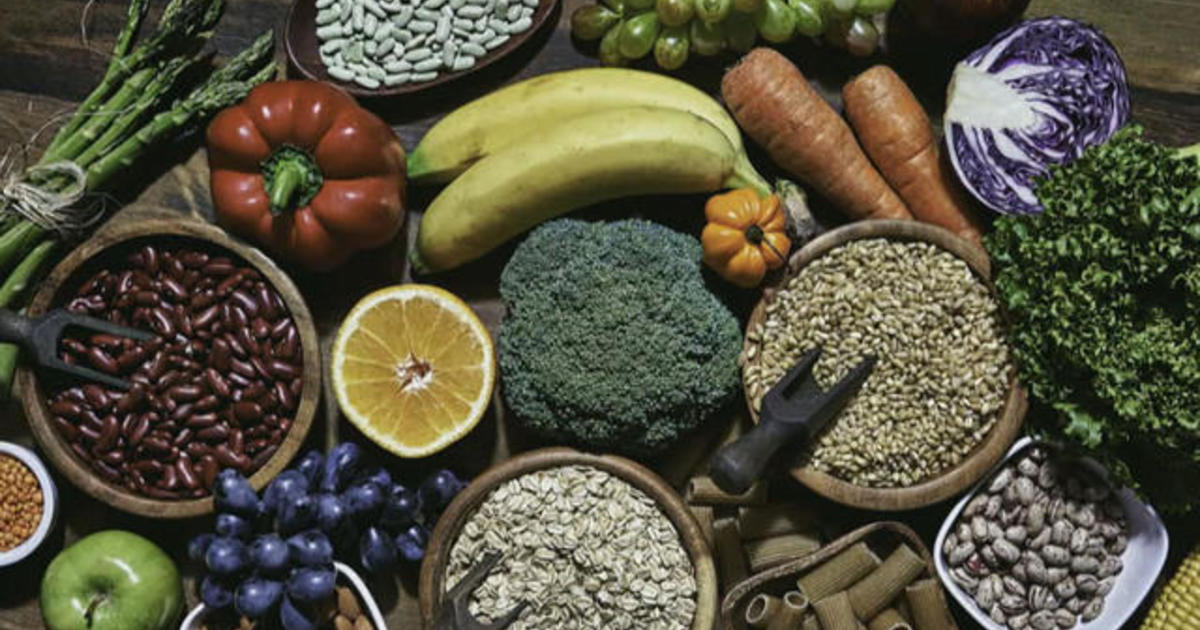Introduction to Healthy Intestine
A healthy intestine is essential for overall well-being, and what we eat plays a significant role in maintaining its health. The food we consume can either support or hinder the functioning of our intestinal system.
Understanding the Importance of Intestinal Health
The intestine, often referred to as the gut, is not just a digestive organ; it’s also a key component of our immune system and influences our mental health. An imbalance in the gut, often termed as dysbiosis, can lead to various health issues, including digestive problems, immune system disorders, and even mental health conditions like anxiety and depression.
The Role of Diet in Intestinal Health
Diet is a critical factor in maintaining a healthy intestine. Certain foods can help support the growth of beneficial bacteria, reduce inflammation, and improve the integrity of the intestinal lining. On the other hand, some foods can cause inflammation, damage the intestinal lining, and disrupt the balance of gut bacteria.
Foods That Support Intestinal Health
Foods rich in fiber, such as fruits, vegetables, and whole grains, are beneficial for the intestine. Fiber acts as a prebiotic, feeding the good bacteria in the gut, promoting their growth, and supporting a healthy gut microbiome. Omega-3 fatty acids found in fatty fish, flaxseeds, and walnuts can help reduce inflammation in the gut. Polyphenol-rich foods like berries, green tea, and dark chocolate have antioxidant properties that can protect the intestinal lining from damage.
Eating Habits for a Healthy Intestine
In addition to consuming the right foods, eating habits also play a crucial role in intestinal health. Eating slowly and mindfully can help reduce stress, which is beneficial for the gut. Avoiding overeating and not eating too close to bedtime can help prevent discomfort and support the natural healing processes of the gut that occur during sleep. Staying hydrated by drinking plenty of water is also essential for preventing constipation and supporting the overall health of the intestine.
Conclusion
Maintaining a healthy intestine requires a holistic approach that includes a balanced diet rich in beneficial foods and healthy eating habits. By understanding the importance of intestinal health and making informed choices about what we eat and how we eat, we can take significant steps towards supporting our overall health and well-being.

